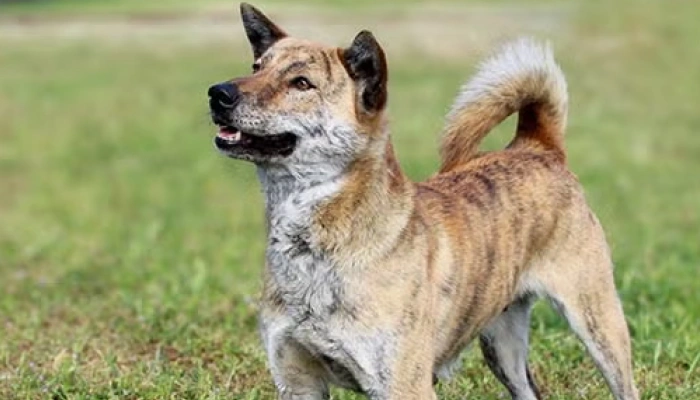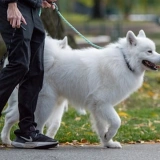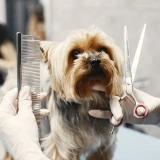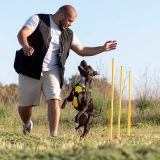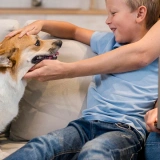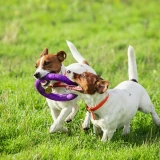The Korean Jindo is known for its independence and decision-making ability. While trainable, it does not thrive under harsh or repetitive methods. Positive reinforcement and a confident handler are key.
This breed tends to be aloof or cautious with unfamiliar people and animals. Same-sex aggression with other dogs is common, so careful introductions and ongoing social management are essential.
Jindos are escape artists and need secure, high fencing if kept in a yard. They're also naturally clean and have little doggy odor, which adds to their appeal as indoor companions.

